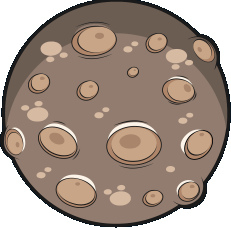Converting a .NET DateTime object to a JavaScript Date object
When using a WCF or ASMX web service in ASP.NET, you might find the need to pass back a DateTime object via JSON. However, what you might not realize is that by passing a .NET DateTime object back to JavaScript, you’d receive an “Invalid date” script exception. The data being passed back to JavaScript may resemble the following:
1
/Date(1315938182867-0400)/
The reason that the date is formatted in this way is that JavaScript uses Unix Epoch as the base date and time. This value is 1/1/1970 at 12:00:00 AM. JavaScript tracks dates as the number of milliseconds from the Unix Epoch value to the date submitted.
To assist in the JavaScript date conversion, I have added an extension method for the DateTime object that resembles the following:
1
2
3
4
5
6
7
8
9
10
11
private static readonly long UnixEpochTicks = (new DateTime(1970, 1, 1, 0, 0, 0, DateTimeKind.Utc)).Ticks;
public static long? ToJsonTicks(this DateTime? value)
{
return value == null ? (long?)null : (value.Value.ToUniversalTime().Ticks - UnixEpochTicks) / 10000;
}
public static long ToJsonTicks(this DateTime value)
{
return (value.ToUniversalTime().Ticks - UnixEpochTicks) / 10000;
}
In JavaScript, I can now pass this value into a Date() object and get the correct DateTime value for my locale.
Feel free to use this method in your applications. I offer no warranties or guarantees with the code above.
 Jason N. Gaylord
Jason N. Gaylord


